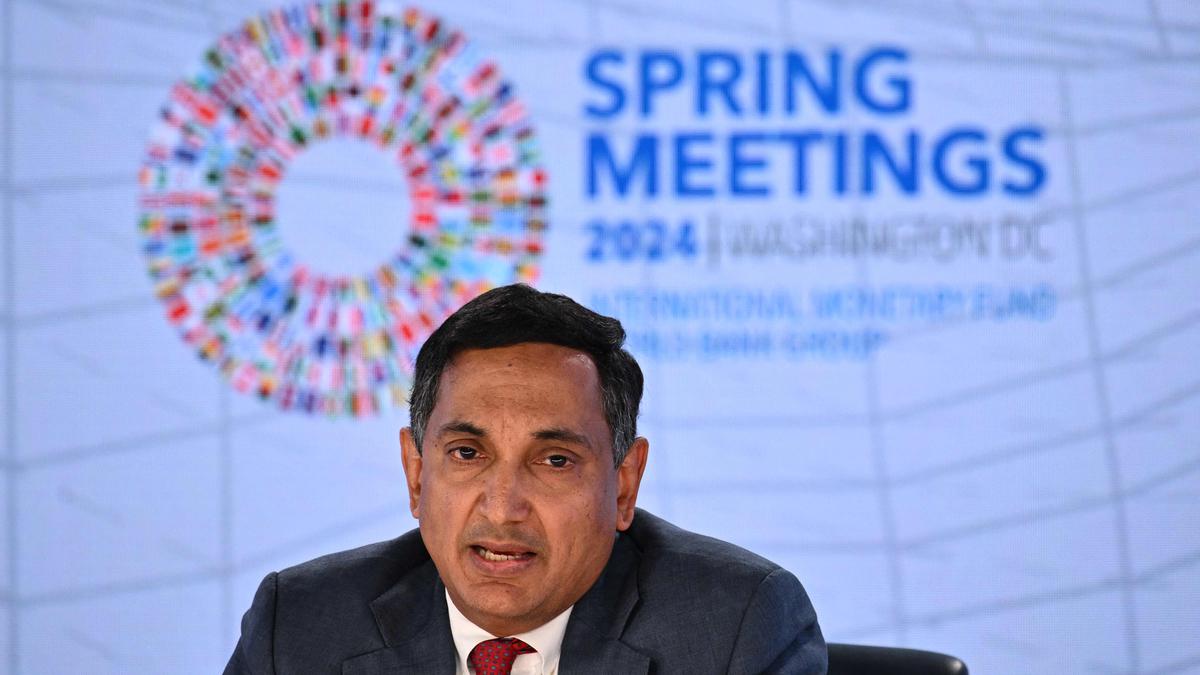
India must invest more in education, health to capitalise on demographic dividend: IMF
The Hindu
IMF urges India to invest in education and health for youth employment amid economic growth projections.
India should focus on investing heavily in education and health to ensure that its growing , young population is adequately employed, the International Monetary Fund (IMF) has suggested. The World Bank, the IMF’s ‘twin’ multilateral institution, had said earlier in April that India and other South Asian countries were squandering their demographic dividend.
“We have 15 million people being added to the labour force every year,” observed Krishna Srinivasan, who directs the IMF’s Asia and Pacific Department. “If India really wants to benefit from this population adding to the labour force, it has to invest big time in both education and health,” he said at a press briefing on Thursday in response to a question from The Hindu on the employment situation in India and policy recommendations.
“I would prioritise that much more so than other kinds of spending,” he emphasised. Some 65% of Indians are under the age of 35.
The labour force needs to have the right skills, competing with AI and other such challenges , Mr Srinivasan said.
The IMF has projected a growth rate of 6.8% for India’s economy in FY2024/25 notwithstanding the high rate of unemployment among youth, which according to some estimates was just above 40% in 2022-23.
Growth in India was led by public investment and private consumption, Mr. Srinivasan said. While public capex spending (for example infrastructure) had had a “very beneficial” impact on growth, the issue was whether it had crowded in private investment, observed the IMF official.
“What we’ve seen is, until recently, that wasn’t happening much, so private investment is on the weaker side,” he said, adding that of late there had been an uptick in private investment which augured well for the future.











